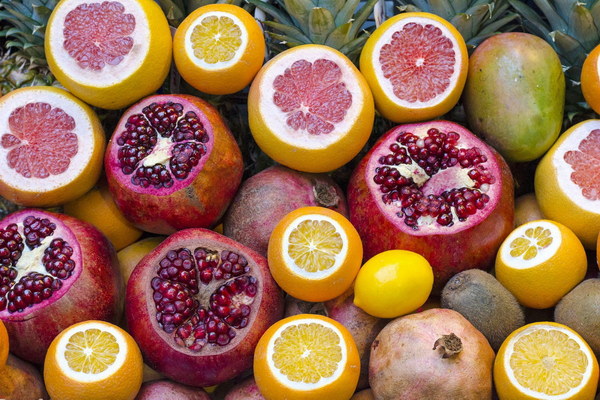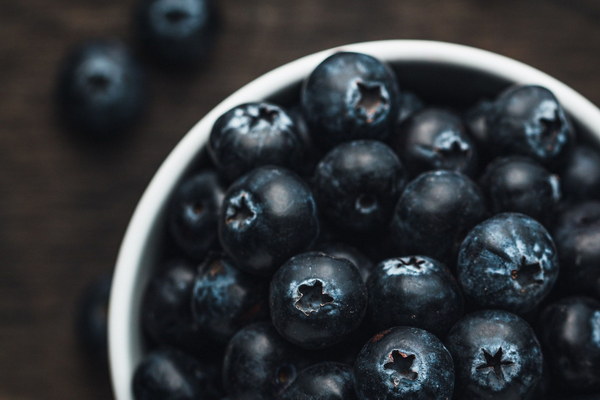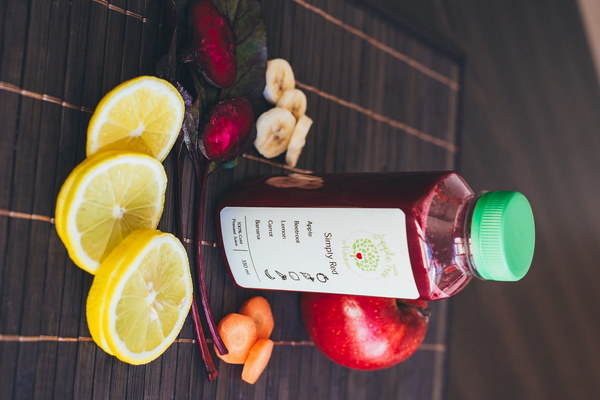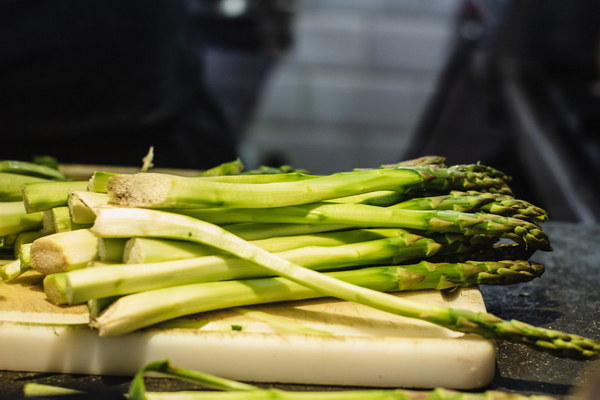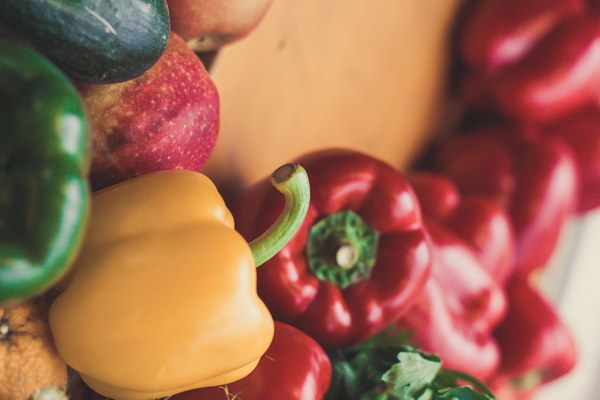Nurturing Your Pregnancy Effective Remedies for Dampness and Food Stagnation in Pregnant Women
Pregnancy is a beautiful and transformative journey, but it also brings about a myriad of challenges, one of which is dealing with dampness and food stagnation. These issues can cause discomfort and hinder the overall well-being of expectant mothers. In this article, we will explore the causes, symptoms, and effective remedies for dampness and food stagnation during pregnancy, helping you maintain a healthy and comfortable pregnancy.
I. Causes of Dampness and Food Stagnation in Pregnant Women
1. Changes in Hormonal Levels: Pregnancy triggers significant hormonal fluctuations that can lead to an imbalance in the body, causing dampness and food stagnation.
2. Increased Blood Volume: The increased blood volume during pregnancy can lead to fluid retention, which may result in dampness.
3. Poor Diet: Consuming excessive amounts of cold, raw, or damp foods can exacerbate dampness and food stagnation.

4. Lack of Physical Activity: Prolonged inactivity during pregnancy can lead to poor blood circulation and contribute to dampness and food stagnation.
II. Symptoms of Dampness and Food Stagnation
1. Swelling: Edema, particularly in the legs and feet, is a common symptom of dampness and food stagnation.
2. Fatigue: Feeling excessively tired or weak, even after rest, can indicate dampness and food stagnation.
3. Digestive Issues: Constipation, bloating, and diarrhea may occur due to food stagnation.
4. Joint Pain: Stiffness or pain in the joints can be a sign of dampness.
III. Effective Remedies for Dampness and Food Stagnation in Pregnant Women
1. Diet: Focus on a well-balanced diet that includes a variety of nutrient-rich foods. Here are some tips:
a. Incorporate warming foods: Consume warm, cooked, and well-cooked foods to support the body's warmth and reduce dampness. Examples include soups, stews, and steamed vegetables.
b. Include warming spices: Spices like cinnamon, ginger, and cardamom can help eliminate dampness and improve digestion. Add these spices to your meals or make warming teas.
c. Avoid cold, raw, and damp foods: Cold, raw, and damp foods can exacerbate dampness and food stagnation. Stay away from ice cream, salads, and raw fruits and vegetables.
2. Physical Activity: Engage in gentle, low-impact exercises such as prenatal yoga, walking, or swimming. These activities can improve circulation, reduce fluid retention, and promote overall well-being.
3. Acupuncture and Massage: Acupuncture can help regulate the body's energy flow, eliminating dampness and food stagnation. Additionally, a prenatal massage can alleviate muscle tension, reduce swelling, and improve blood circulation.
4. Herbs and Supplements: Consult with a qualified healthcare professional before taking any herbs or supplements during pregnancy. Some herbs, such as astragalus, codonopsis, and rehmannia, are known to support the body's elimination of dampness.
5. Adequate Rest: Ensure you get enough rest and sleep to allow your body to recover and maintain balance.
In conclusion, dampness and food stagnation can be challenging during pregnancy, but by following these remedies, expectant mothers can reduce discomfort and maintain a healthy pregnancy. Remember to consult with your healthcare provider before implementing any new treatments or changes to your lifestyle. By taking care of yourself, you are also taking care of your baby's health and well-being.
